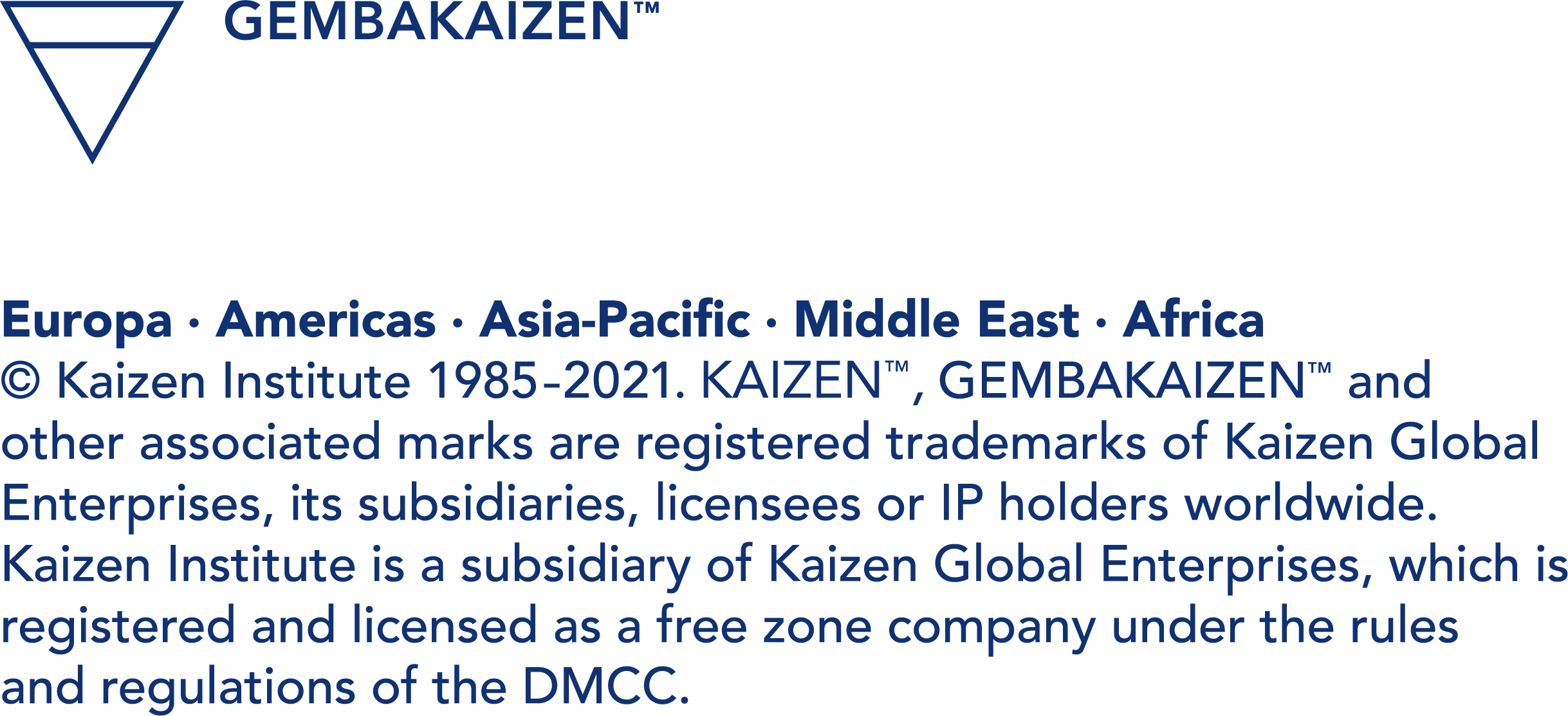Respect, or rather lack of it, seems to be an ongoing concern in many workplaces. But how hard is it for leaders to cultivate it and keep it alive in workplaces? Many organizations Codes of conduct implore people to treat others respectfully – but do they really do so? Most of them fall short on it.
Since Toyota first formally published its “respect for people” (RFP) principle in a 2001 internal document, there’s been a lot of talk about this in the Kaizen/Lean/Operational Excellence community.
Respect for people is a cornerstone of KAIZEN™ otherwise known as Continuous Improvement philosophy. KAIZEN™ is often misunderstood and applied incorrectly, resulting in bad outcomes including, for example, layoffs. Layoffs are not the intent of kaizen. Instead, KAIZEN™ must be practiced in tandem with the “Respect for People” principle. Without “Respect for People,” there can be no continuous improvement. Instead, the usual result is one-time gains that quickly fade.
Importantly, KAIZEN™ must operate with three principles in place: process and results (not results-only); systemic thinking (i.e. big picture, not solely the narrow view); and non-judgmental, non-blaming (because blaming is wasteful).
The “Respect for People” principle is also one of two pillars of The Toyota Way; the other is “Continuous Improvement.” The “Respect for People” principle has existed for several decades within Toyota’s management system, but has been almost entirely ignored by outsiders. Practicing only the “Continuous Improvement” principle may lead to many problems. Foremost among them is “management’s desire to improve efficiency and productivity usually results in layoffs, which slows down or halts improvement efforts.” This happens when only the “Continuous Improvement” principle is practiced. Therefore “Respect for People” (Cooperation) is the primary countermeasure for bungled continuous improvement (Betterment) efforts. That’s why it is a Toyota Way principle.
Most mid- and senior-level managers think that they know what “Respect for People” means, but they do not know because it is clear from their leadership behaviors, common business performance metrics, company policies, & management’s decisions. Such managers think that RFP means being fair, civilized or giving a patience hearing. Therefore it is very important to understand what RFP means as it helps the organization to survive & prosper in the longer run.
RFP can be elaborated as multilayered description that includes two words “RESPECT” and “TEAMWORK”. Respect means respect & understand others and others opinion and Teamwork means to focus on individual and team performance and share the opportunities of developments. These words may not define or constitute the whole meaning of RFP but may give some insight on what RFP should be. RFP can only be understood through daily thinking and practice on the job.
Sensei Masaaki Imai recounts Ohnos view:
I’ve read that when there were problems, he didn’t blame the workers, he blamed the processes.
Yes. It is not the workers you blame, it is the management.”












